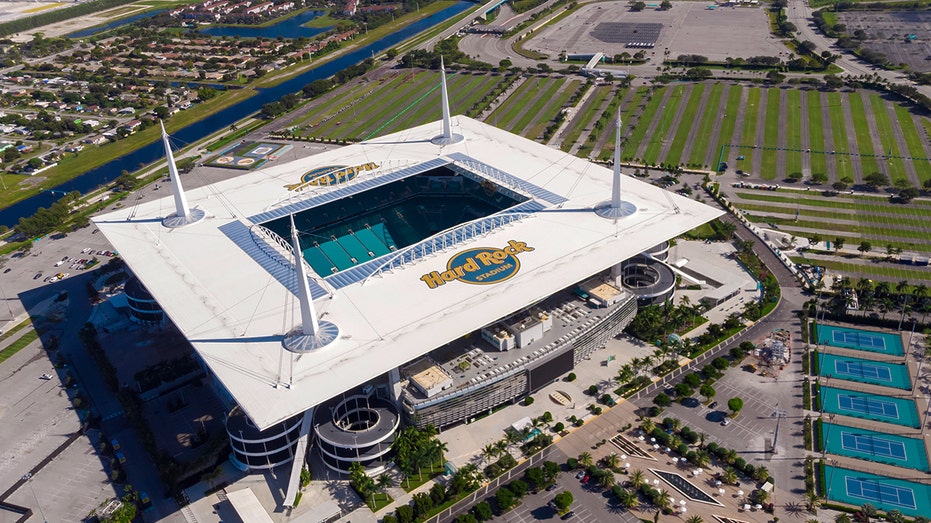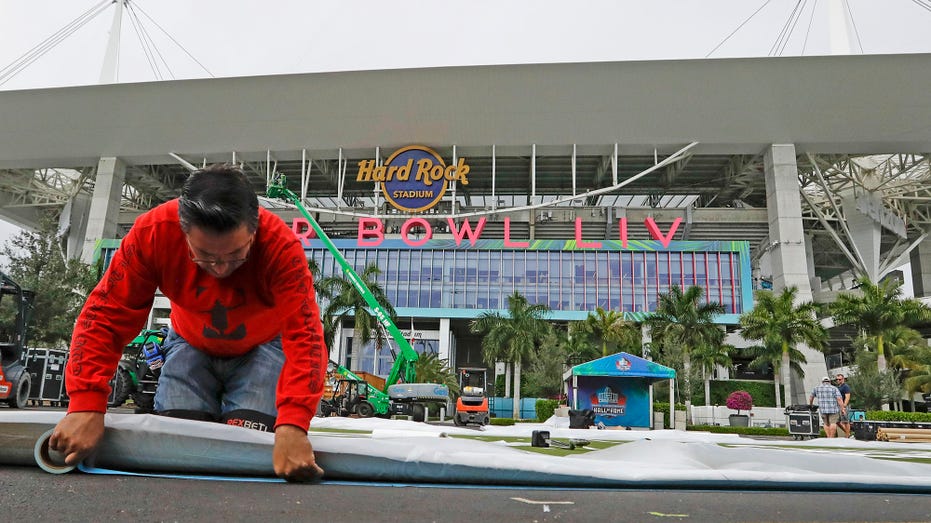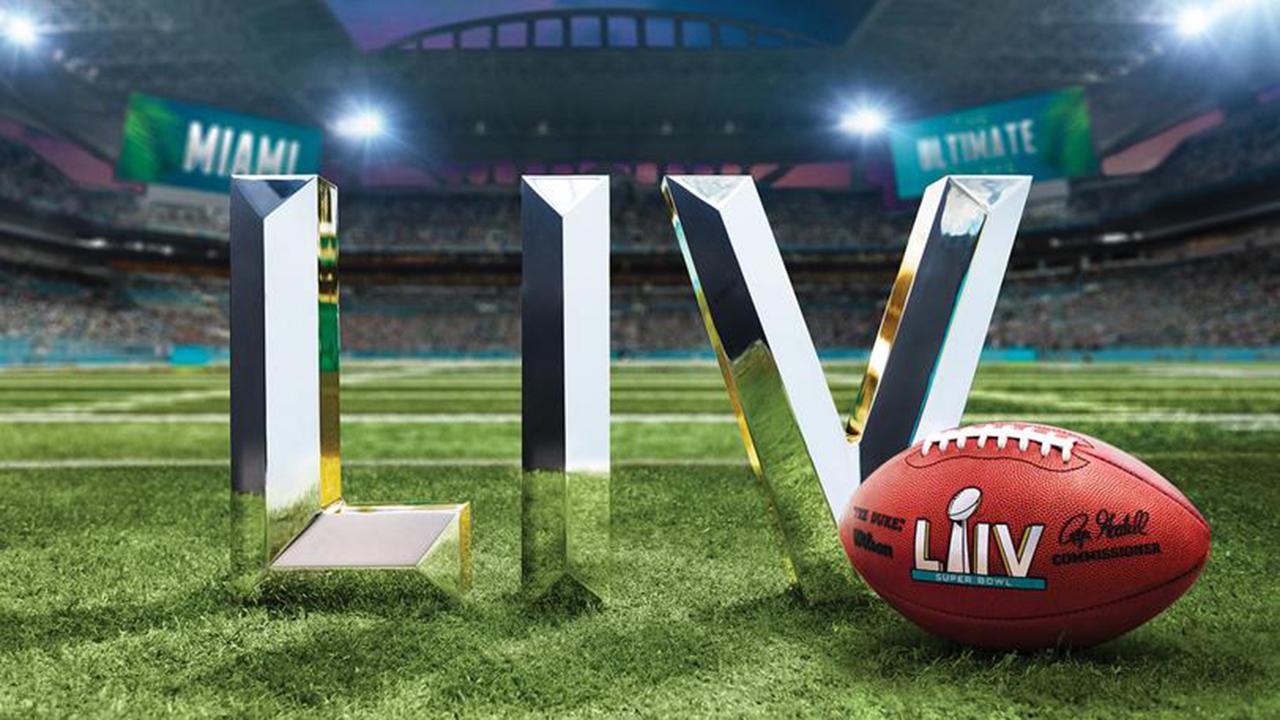NFL's Super Bowl trademark is why some companies call it 'the big game'
Super Bowl sponsorship is 'not inexpensive,' expert says, but some brands have found loopholes
Chicken chain Bojangle’s “Big Game Giveaway” features a football logo, offers free tickets to the NFL draft event in Las Vegas and ends on Sunday, the same day as the 2020 Super Bowl. But consumers won’t see the phrase “Super Bowl” mentioned anywhere around the contest.
As the Super Bowl approaches, many brands have been mentioning “the big game,” describing things as “super” and emphasizing their connection to the general sport of football in their advertising, but they can’t mention the Super Bowl without paying the NFL, which owns the trademark on “Super Bowl.”
“It’s something that they’ve built up equity in,” said Tony Ponturo, CEO of sports business consulting firm Ponturo Management Group and a former sports and entertainment marketing vice president for Anheuser-Busch. “They’ve invested millions and millions and, at this point, probably close to a billion dollars in the game, the event.”

Aerial view of Hard Rock Stadium for Super Bowl LIV.
SUPER BOWL ATTENDEES BRACE FOR HACKS AFTER ESPN, NFL ATTACKS
The NFL has held the “Super Bowl” trademark since 1969, according to U.S. Patent and Trademark Office records. Any companies that want to use the phrase will need to pay — and that can cost more than $50 million for a category like soft drinks, automotive, insurance or beer, according to Ponturo.
If anyone does violate that trademark, the lawyers for the NFL will likely start by sending a cease and desist letter, Ponturo said. If they refuse, the NFL could potentially take them to court.
“They police it about as strongly as someone possibly could police it … they’re protecting their brand,” Ponturo said.

Rudy Morales works on the setup outside of the Hard Rock Stadium Monday, Jan. 27, 2020, in Miami Gardens, Fla., in preparation for the NFL Super Bowl 54 football game. (AP Photo/Chris Carlson)
GET FOX BUSINESS ON THE GO BY CLICKING HERE
Companies will defend their trademarks even against small businesses using them, because if they allow one company to use it, then another could say in court, “If so-and-so was allowed to use it, why can’t we?” For example, when Ponturo was working at Anheuser-Busch, he said the company sometimes had to send cease and desist letters to small florists that used its trademark “this bud’s for you” to sell flower buds.
Of course, there are ways to get around the trademark. There are all those “big game” deals. When Ponturo was at Anheuser-Busch, the company hadn’t yet paid to make Bud Light the NFL’s official beer. So in the late 1980s, they came up with the “Bud Bowl,” a series of commercials featuring bottles of Budweiser facing bottles of Bud Light on the gridiron.
SAN FRANCISCO 49ERS CEO: SUPER BOWL LIV A ‘BIG DEAL’ FOR BUSINESS
“The fan understood what it was,” he said. “We tied it ultimately into TV creative as well, which is how Anheuser-Busch first started to be the only beer in the telecast.”
Some others have been less successful in getting around the trademark. Patent and Trademark Office records show that, in the past few years, people and companies have abandoned attempts to trademark “Super Bowls” to market restaurants selling acai bowls, a website called “Super Bowl 53 Info,” a series of nonfiction books about management called “Play Everyday Like It’s Super Bowl Sunday,” the phrase “Super Bowl Sale” to be sold or leased “to anyone in the world for a legal business activity” and a TV show called “The Super Bowl of Trivia – A Pro Football trivia game show. There can only be one!”
There are also cases that count as what’s legally called “fair use.” For example, news outlets reporting on the Super Bowl can call it what it is. Instances like criticism, education and parody can also fall under fair use. But when it comes to advertising, companies will need to pay to play.
“Bottom line, it’s trademark and licensing,” Ponturo said. “The NFL has grown that asset, they’re going to sell that asset and they’re going to protect that asset.”
READ MORE ON FOX BUSINESS BY CLICKING HERE




















